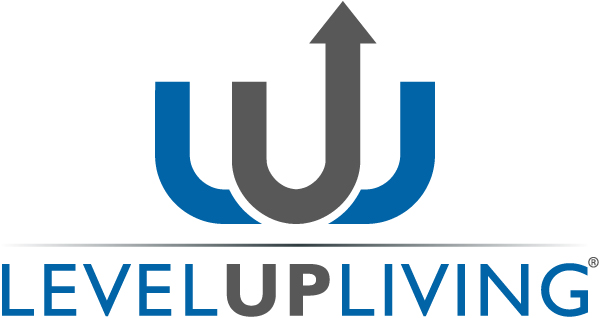Introduction
Effective decision-making is a crucial skill for successful leadership. It involves gathering information, considering different perspectives, and aligning decisions with long-term goals. In this article, we will explore practical tips to enhance your decision-making abilities and lead with confidence.
Assess Your Decision-Making Process
Before diving into improvement strategies, take a moment to assess your current decision-making process. Ask yourself if you are:
- Gathering enough information before making a decision.
- Considering various perspectives and viewpoints.
- Allocating time for reflection before finalizing decisions.
Steps to Improve Your Decision-Making
Here are actionable steps you can take to enhance your decision-making process:
- Define your decision criteria clearly.
- Seek input from diverse team members.
- Use decision-making tools like the ‘Pros and Cons’ list.
- Practice active listening to understand different viewpoints.
- Allocate time for reflection before finalizing decisions.
Real-World Examples
Consider the decision-making process of successful leaders like Elon Musk and Sheryl Sandberg. They emphasize the importance of gathering data, seeking feedback, and being open to different perspectives.
FAQ Section
Q: How can I make faster decisions without sacrificing quality?
A: Prioritize essential information, set clear deadlines, and trust your instincts after thorough analysis.
Q: What role does emotional intelligence play in decision-making?
A: Emotional intelligence helps in understanding others’ perspectives, managing conflicts, and making empathetic decisions.
Q: How can I overcome decision fatigue?
A: Break complex decisions into smaller tasks, prioritize effectively, and delegate when necessary.
Q: Should I involve my team in every decision-making process?
A: Involve your team in decisions that impact them directly to foster collaboration and ownership.
Q: How do I ensure my decisions align with my long-term vision?
A: Regularly review your decisions against your long-term goals and seek feedback from mentors or advisors.
Q: What strategies can I use to handle difficult decisions?
A: Break down the decision into smaller components, weigh the potential risks and benefits, and seek advice from trusted colleagues.
Q: How can I improve my intuition in decision-making?
A: Practice mindfulness, trust your instincts, and reflect on past decisions to develop your intuition over time.
Q: What are common decision-making biases to watch out for?
A: Confirmation bias, anchoring bias, and sunk cost fallacy are common biases that can influence decision-making. Stay vigilant and challenge your assumptions.
Q: How do I handle disagreements in the decision-making process?
A: Encourage open communication, actively listen to different viewpoints, and focus on finding common ground to resolve disagreements.
Q: How can I measure the effectiveness of my decision-making process?
A: Track outcomes of your decisions, seek feedback from stakeholders, and reflect on areas for improvement.
Conclusion
Enhancing your decision-making skills is a continuous journey that requires self-awareness, practice, and a willingness to learn from both successes and failures. By implementing the tips outlined in this article and staying committed to growth, you can become a more effective leader and make impactful decisions that align with your vision.
